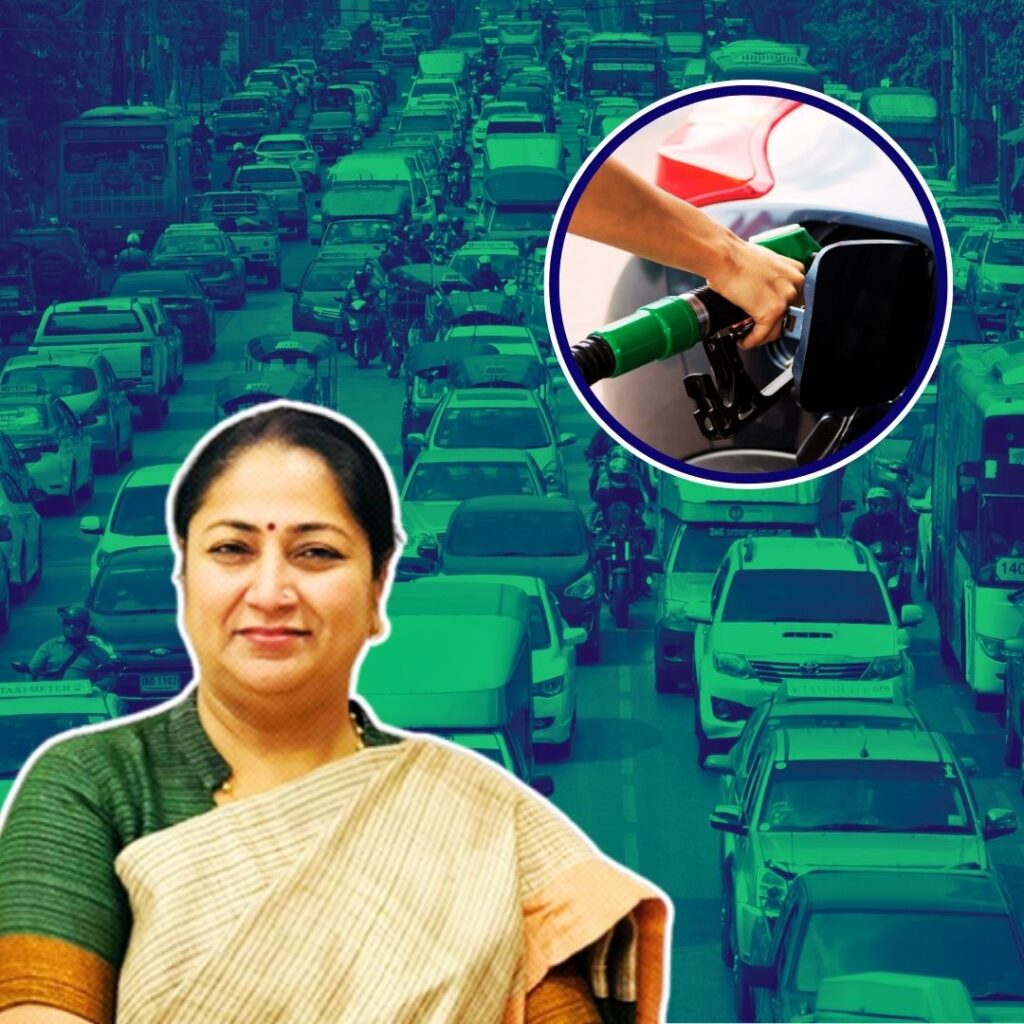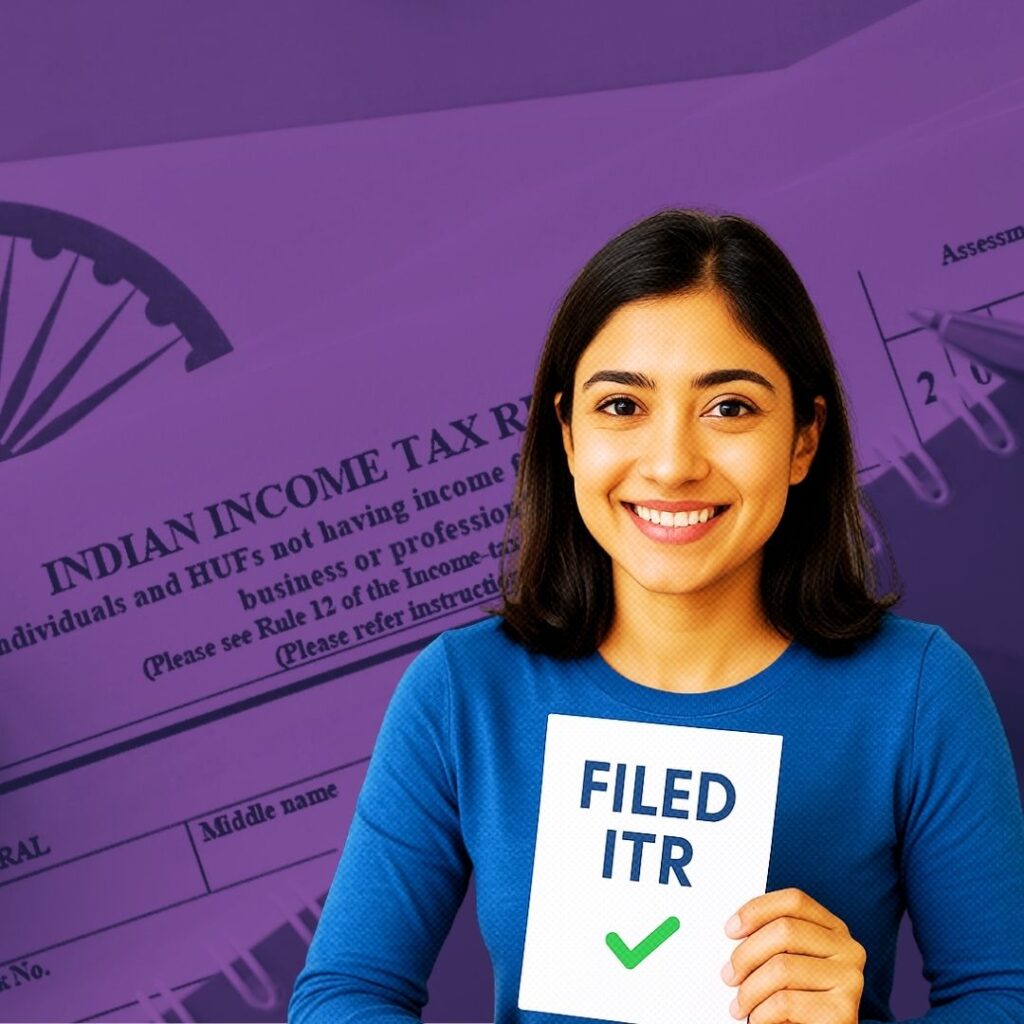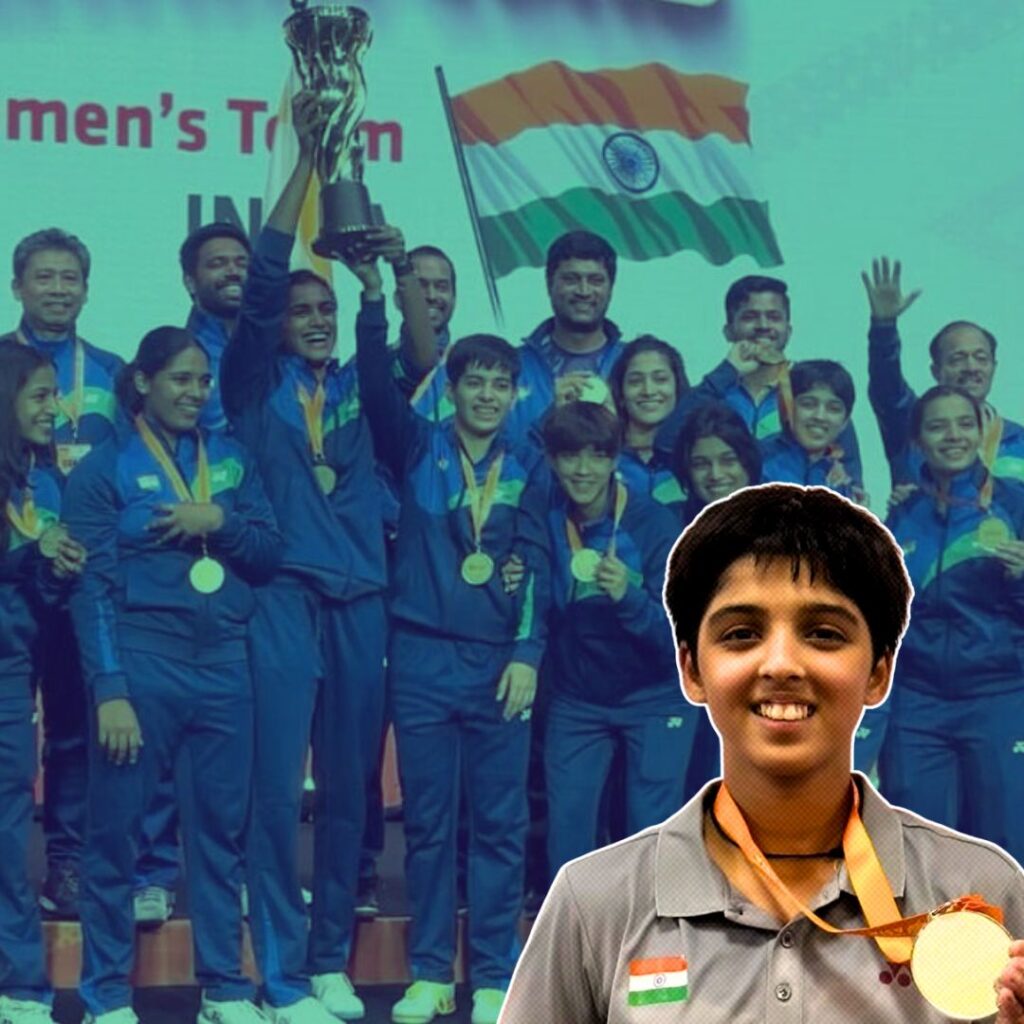Manoj (name changed to ensure privacy), a 7-year-old boy , would often come late to school. Tired with this constant behaviour, his teacher would either not allow him to enter the class or make him stand behind, hoping that Manoj would change his attitude. But, the situation didn’t improve. Rather, Manoj became more irregular, and the few days he would come in there was always fear on his face. But one day, when a worried Manoj entered class late again, he was in for a pleasant surprise. His teacher neither shouted nor punished him. Instead, he took him to the side and empathetically asked the reason for Manoj’s late arrival time and again. A comfortable Manoj then replied, “I don’t have a clock at my home.” To which the teacher responded, “I understand.” A week after the incident, Manoj started coming in regularly more often and even interacting in class.
But what changed in that one incident? As Vishal Talreja, Founder of Bengaluru-based Dream a Dream rightly points out, “The tone of empathy, safety and assurance that the question wasn’t a trick. The student felt he was finally seen, understood but most importantly, not judged. Children are keen observers – they continually observe how parents and teachers who are their biggest influencers react to people and situations. They shape up to be similar individuals and that is the reason why it’s critical to unlock empathy at the right age.”
Since 1999, Dream A Dream has been empowering young people from vulnerable backgrounds with the skills required to engage with the world, make healthy choices and flourish. Through a combination of after-school sessions utilising the medium of sports and arts, career awareness workshops,and the teacher development program their programs are positively impacting the lives of over 100,000 children each year.
However, over the last decade, Vishal and his team felt that given the magnitude of India’s youth, there is a dire need to enable adults to empower young people and thus was born, ‘Teacher Development Program’ which works towards training teachers and community workers to impart life skills to young children in their regions for a long period of time, not disturbing the link of continued impact.
How does the Teacher Development Program work?
Spread over a period of 6 to 8 months, the ‘Teacher Development Program’ has a series of four life skills facilitation programs, each lasting two days. The first level focuses on recognising and celebrating oneself, which results in increased self-awareness, confidence and ability to continually develop one’s skills while developing others as well.
The second level focuses on understanding the child and developing empathy towards the child. As Vishal says, “In a classroom there are diverse children – violent, aggressive, quiet, tired, low-attention-span, etc. It’s essential to understand the root cause of individual behaviour before even attempting to tackle their issues. The second level puts the teachers through a process of understanding child behaviour and building teachers’ abilities to be empathetic. The outcome of level 2 is an increased understanding of early childhood development and effective, meaningful engagement with the youth. In the third level, teachers are taught to understand and build safe spaces for learning and interaction.
According to Vishal, “This is the most critical level as once a teacher has understood and accepted a particular behaviour without judgement, how do they change it? This level focuses on strength-based behaviour wherein the teachers creatively channelise individual students’ unique strengths.” The final level while brings together all the learnings; it is essentially focused on celebrating the role of a caring and compassionate adult in every child’s life.
Between each level, teachers are encouraged to go back to their classrooms and practice their learnings. Dream A Dream backs up with 24×7 access to trainers and mentors as well as by having support visits wherein the facilitators observe the classes and give feedback to the teachers.
Impact and Way Forward
Until now, Dream A Dream has trained over 1, 500 teachers across Karnataka, Maharashtra, Gujarat, Delhi and Andhra Pradesh. But the impact isn’t just a number; it is the little successes that are happening across India’s classrooms every single day that encourages the team to dream more audaciously. For instance, Mr Manjunath Bahusaheb Yalamalli, a teacher at the JA Education Institution, Belagavi would earlier dissuade his student from participating in sports as he was weak in academics and needed more focus there. However, after attending the program, he looked at the boy differently and decided to encourage him to participate, much against the wishes of his staff. The student won. Mr Yalamalli says, what truly encompasses the entire program, “that moment was only a reinforcement of how much my belief in the child is tied into his belief of his abilities.…











